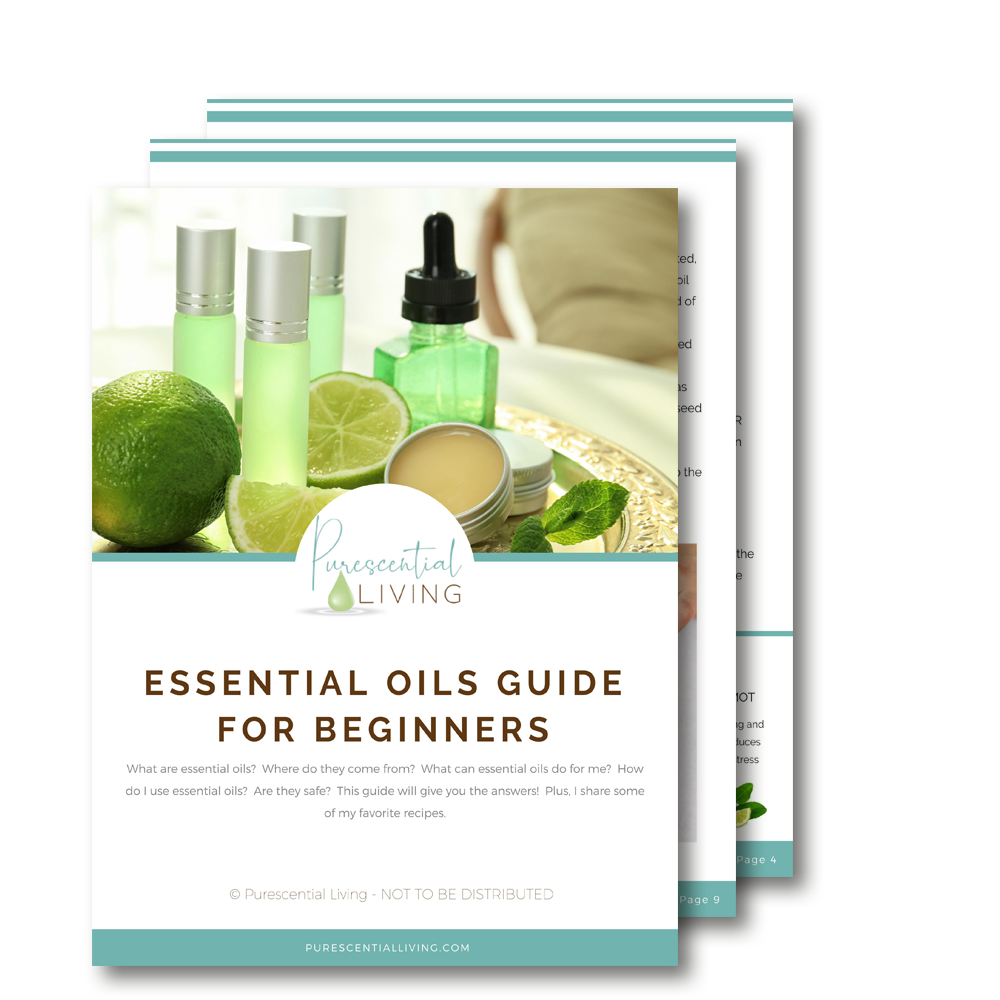Are Essential Oils Safe?
One of the first question I get from people that are interested in using essential oils is are they safe? If you browse the Internet in search of information about essential oils, it gets overwhelming. There’s so much advice offered, especially regarding safety and what you should or shouldn’t do. If I were new to essential oils reading some of the extreme points of view out there, I would literally be scared to even come close to essential oils, let alone use them for my health. On the other hand, there are blog posts recommending the use of essential oils that is totally inappropriate.
Essential oils offer many therapeutic benefits, but honestly, they are potent, so we should have some basic knowledge as to how, when, why and which essential oil to use. I promise, you don’t have to be an expert to be able to use them, nor you must know everything about them before you start using them. Did you just wake up one day and know how to cook? No, it was a process but knowing how to cook benefits our health. We are perfectly capable to learn anything we set our minds to.
So, to answer the question yes, essential oils are safe! However, as with a lot of other things, there are some basic guidelines about essential oil usage that we should keep in mind.
1. Quality matters
Essential oils are available everywhere but just because the label states they are 100% pure, it doesn’t mean they are. Crazy, right? We are living in a profit driven society and there’s nothing wrong with that. The problem is, when we sacrifice quality, we do it at the expense of safety and possible negative effects adulterated essential oils can cause, especially if we use them topically. As a result, we need to make sure essential oils we are using are pure.
You can find out more on how to determine purity of essential oils in this BLOG POST - 4 EASY Ways To Determine the Purity of Essential Oils.
2. Always dilute “hot” essential oils
The best practice is to always dilute any essential oils with carrier oil such as jojoba or other vegetable oils for topical application. Undiluted application of mild essential oils such as Lavender, R.Chamomile, Tea Tree and other mild essential oils is usually safe, but it should be used sparingly and based on the necessity. If you have sensitive skin and you’re just starting to use essential oil, it is best to always dilute them.
There are essential oils that should never be applied undiluted. These so called “hot” oils will cause dermal irritation. Most common are Oregano, Cassia, Thyme, Clove and Cinnamon. One time, I got a small amount of Cassia on my face and within seconds the area got red. I used cotton pad and coconut oil and whipped the are few times. The irritation was gone in 15 minutes. Now, this is not dangerous and will not leave any permanent mark, it’s just not fun.
3. Keep away from children
Children are curious so make sure you keep your essential oil bottles away from children’s reach. My little guy (he’s 5 years old) loves to help me create recipes and mix oils. At this age he is good at following directions. I highly encourage you to introduce them to essential oils and how to use them but always supervise.
4. Avoid using photosensitizing essential oils before exposing skin to the sun
Photosensitization is a reaction that can happen if skin is exposed to the sun immediately after the application of photosensitizing essential oils, most commonly citrus oils. Some citrus oils can cause a dermal reaction, from burning to skin pigmentation. It is recommended to wait at least 12-18 hours before exposing your skin to the sun, tanning bed or even sauna after the application of the photosensitizing essential oils.
You can find the list of photosensitizing essential oils, as well as which citrus oils are safe to use topically before sun exposure in the FREE Essential Oils Guide below.
Come join me on Facebook, you know the drill! Just like and follow and you’ll get notified when I go live with more videos to help you with all your oiling adventures!


